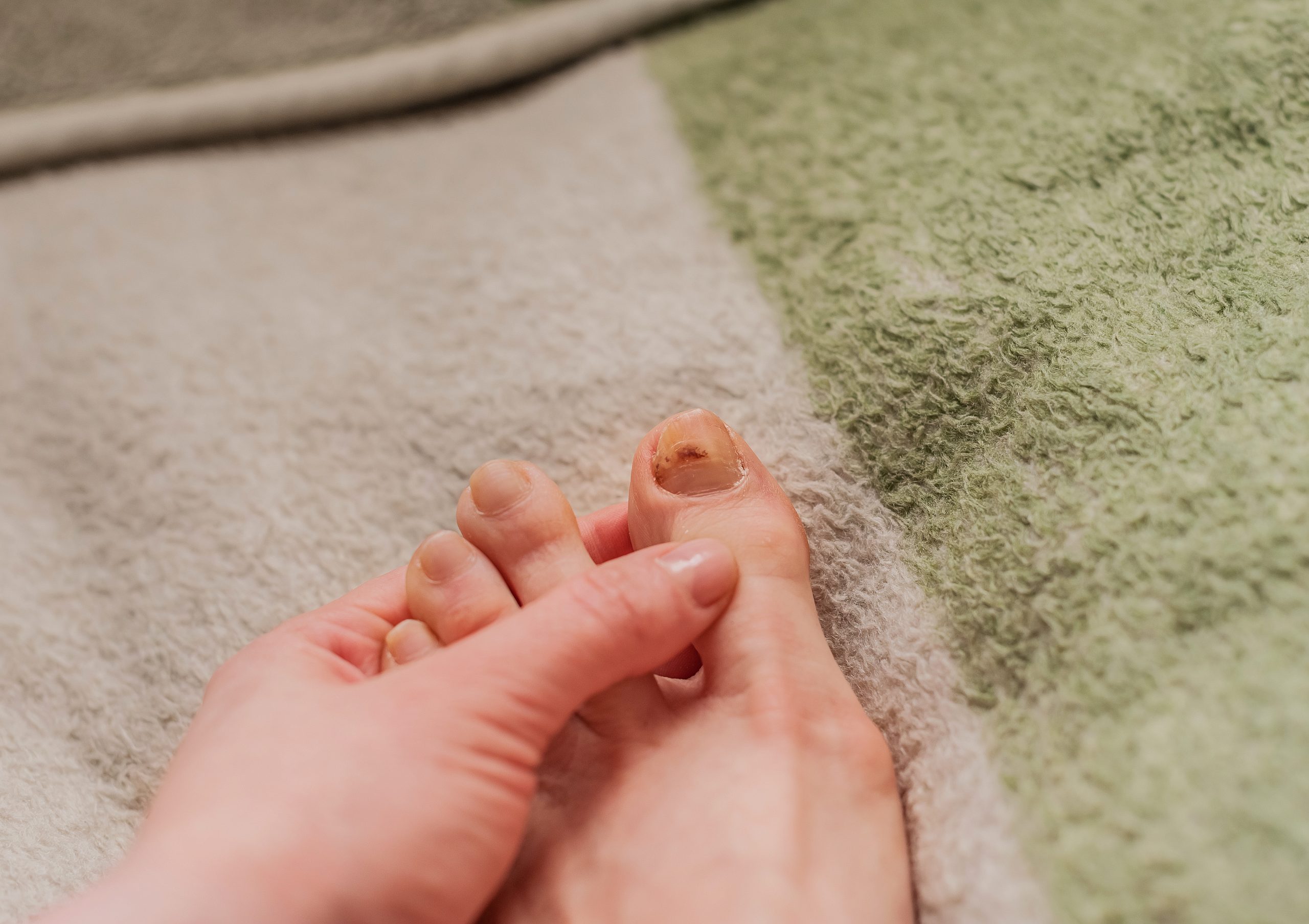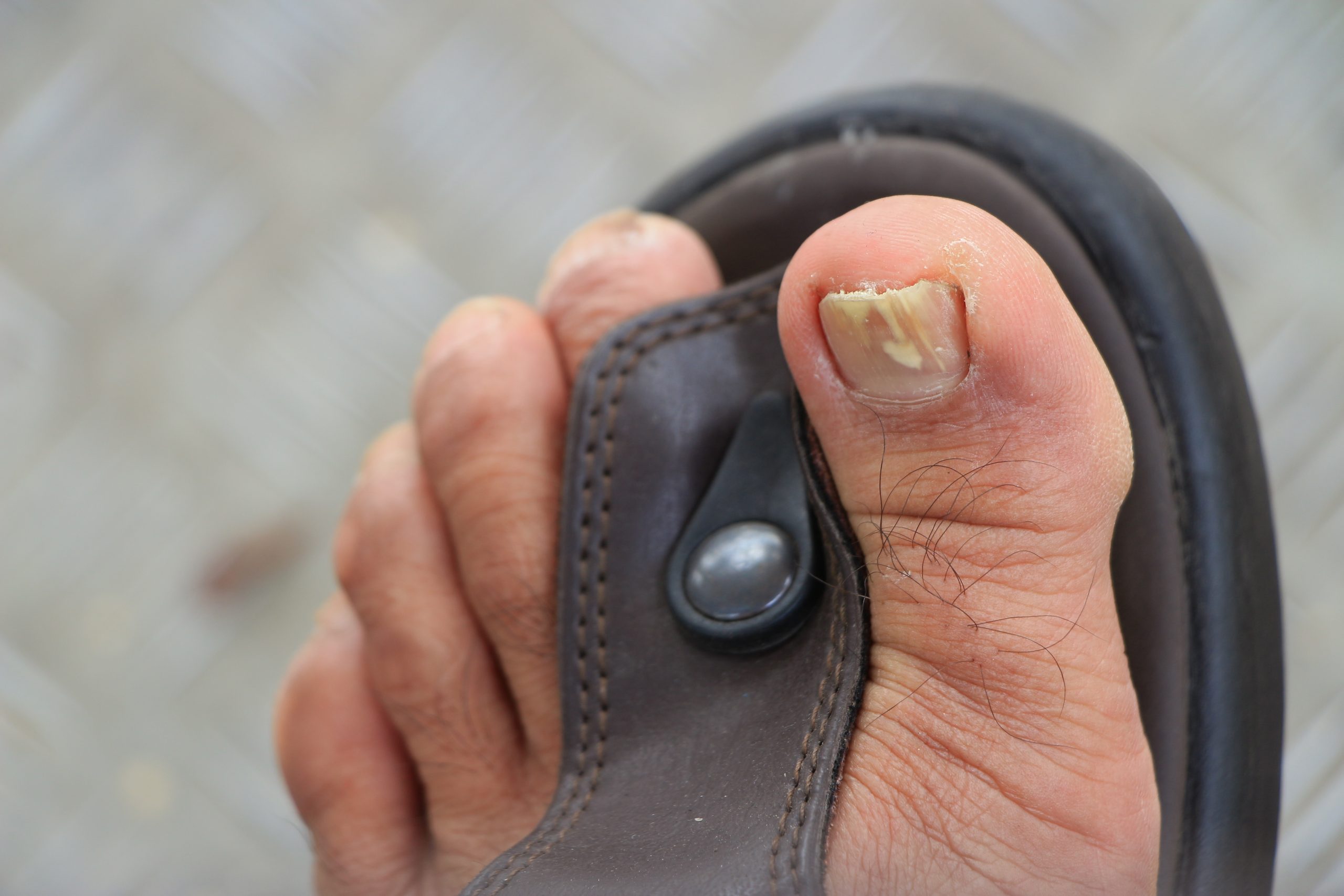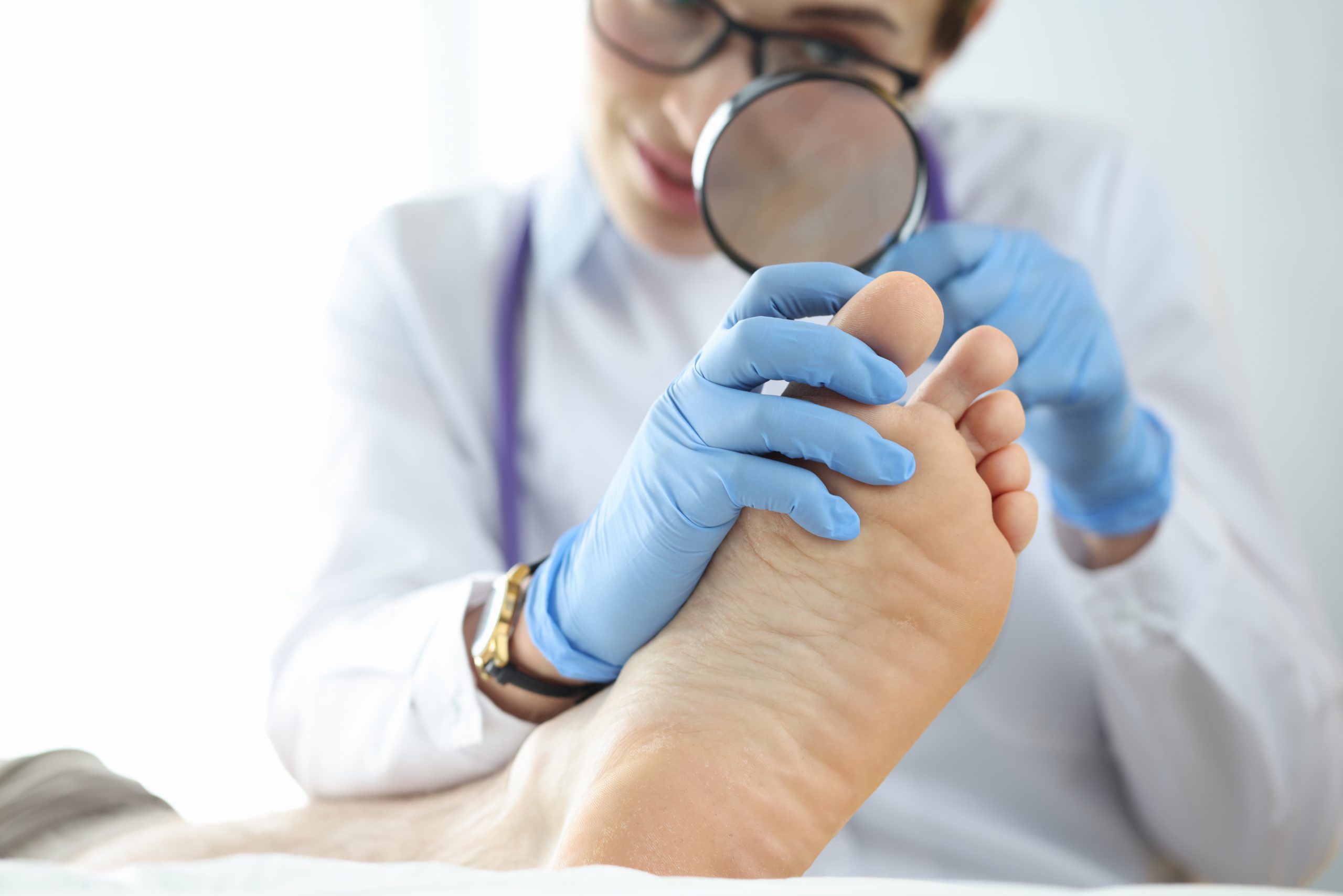Toenail fungus, medically known as onychomycosis, is a common condition that affects millions of people worldwide. It occurs when fungi, such as dermatophytes, invade the nail bed and cause an infection. While external factors like poor foot hygiene and exposure to damp environments contribute to toenail fungus, the health of our immune system also plays a crucial role. Understanding the connection between toenail fungus and immune system health can help individuals take proactive steps to prevent and treat this condition effectively. In this article, we will explore the link between toenail fungus and immune system health and discuss strategies for maintaining a strong immune system.
- Immune Response to Fungi: When fungi invade the nail bed, our immune system recognizes them as foreign invaders and mounts an immune response. The immune system sends immune cells to the site of infection to neutralize and eliminate the fungi. However, a weakened immune system may not be able to mount an effective defense, allowing the fungi to thrive and cause toenail fungus.
- Immune System Disorders: Certain immune system disorders, such as HIV/AIDS, autoimmune conditions, and diabetes, can weaken the body’s defenses against infections, including toenail fungus. These conditions impair immune function, making individuals more susceptible to fungal infections and reducing their ability to fight off the infection.
- Age and Immune Function: As we age, our immune system may become less efficient at combating infections. The immune response may weaken, making older individuals more prone to fungal infections, including toenail fungus. It’s important for older adults to prioritize immune health through a healthy lifestyle and regular medical check-ups.
- Immune-Boosting Nutrients: A well-balanced diet rich in immune-boosting nutrients is essential for maintaining a strong immune system. Nutrients like vitamin C, vitamin D, zinc, and antioxidants found in fruits, vegetables, whole grains, and lean proteins support immune function. By providing the body with these essential nutrients, individuals can enhance their immune system’s ability to fight off fungal infections.
- Stress and Immune Health: Chronic stress can have a negative impact on immune function. Prolonged stress can weaken the immune system, making individuals more susceptible to infections, including toenail fungus. Engaging in stress-reducing activities like exercise, meditation, and hobbies can help support immune health and reduce the risk of fungal infections.
- Healthy Lifestyle Habits: Adopting healthy lifestyle habits is vital for maintaining a robust immune system. Regular exercise, adequate sleep, and stress management contribute to overall immune health. Poor lifestyle choices, such as smoking, excessive alcohol consumption, and a sedentary lifestyle, can compromise immune function, making individuals more vulnerable to infections.
- Hygiene Practices: Practicing good foot hygiene is essential for preventing toenail fungus. Clean and dry feet, regular toenail trimming, and wearing clean, breathable socks and shoes can help reduce the risk of fungal infections. These hygiene practices, coupled with a strong immune system, create an environment less favorable for fungal growth.
- Immune-Supportive Supplements: In some cases, immune-supportive supplements may be beneficial for individuals with weakened immune systems or those at higher risk of infections. Supplements like probiotics, elderberry, garlic, and Echinacea have been traditionally used to support immune function. However, it’s important to consult with a healthcare professional before starting any new supplements to ensure their safety and efficacy.
- Treating Underlying Health Conditions: If an underlying health condition is compromising the immune system, it’s crucial to address and manage it effectively. Seeking medical advice, following prescribed treatments, and regularly monitoring the condition can help restore immune health and reduce the risk of fungal infections












